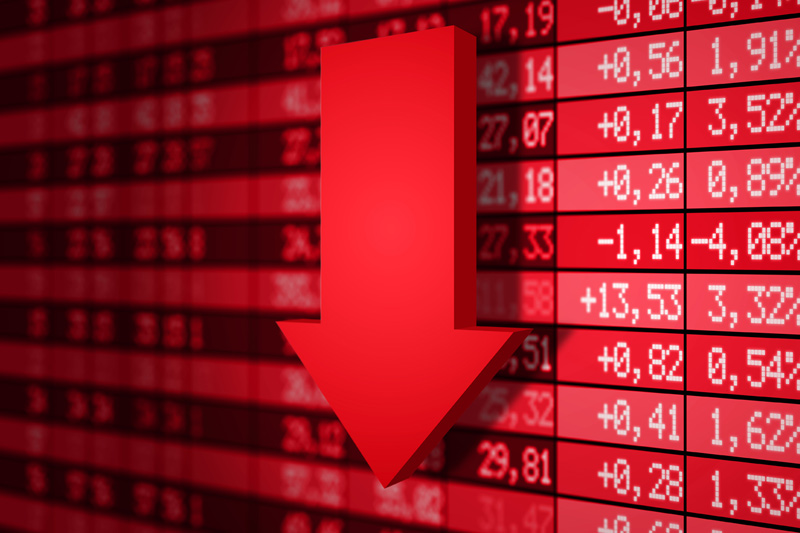Investing.com - Crude futures dropped on Tuesday after a widely-watched gauge of U.S. consumer confidence disappointed investors and stoked concerns over the strength of the country's recovery and how much fuel and energy it will consume going forward.
Concerns OPEC may do little to combat a global supply glut exacerbated losses.
In the New York Mercantile Exchange, West Texas Intermediate crude oil futures for delivery in January traded down 1.90% at $74.34 a barrel during U.S. trading, up from a session low of $74.29 a barrel and off a high of $76.57 a barrel.
The January contract settled down 0.95% at $75.78 a barrel on Monday.
Support for the commodity was seen at $73.92 a barrel, last Wednesday's low, and resistance at $77.83 a barrel, Friday's high.
The Conference Board market research group reported earlier that consumer confidence index fell to 88.7 this month from a 94.1 in October, whose figure was revised down from a previously reported 94.5.
Analysts expected the index to increase to 95.9 in November, and the surprise deterioration sent investors selling oil prices on concerns demand in the U.S. may still face headwinds.
The Present Situation Index declined from 94.4 to 91.3, while the Expectations Index decreased sharply to 87.0 from 93.8 in October.
Commenting on the report, director of The Conference Board Consumer Research Center Lynn Franco said, “Consumers were somewhat less positive about current business conditions and the present state of the job market; moreover, their optimism in the short-term outlook in both areas has waned."
Earlier Tuesday, the Commerce Department reported that U.S. gross domestic product grew at a seasonally adjusted annual rate of 3.9% in the third quarter, topping expectations for a reading of 3.3%, though the disappointing consumer confidence report kept prices in negative territory.
Preliminary data initially pegged U.S. growth at 3.5% in the third quarter. The U.S. economy expanded by 4.6% in the preceding quarter.
The data showed personal consumption rose 2.2% in the third quarter, beating expectations for a 1.9% gain and up from a preliminary estimate of 1.8%.
Consumer spending typically accounts for nearly 70% of U.S. economic growth.
Investors were also keeping Thursday's OPEC meeting in focus, with many on the sidelines to see if the cartel cuts output to shore up slumping prices.
While countries like Saudi Arabia have suggested prices should continue to fall, presumably with the aim of sidelining U.S. shale producers, others such as Libya, Iran and Venezuela have advocated cutting production to shore up falling prices.
Oil prices fell, however, as concerns began to brew that any OPEC move to cut production may do little to make a dent in today's global supply glut.
Separately, on the ICE Futures Exchange in London, Brent oil futures for January delivery were down 1.63% at US$78.39 a barrel, while the spread between Brent and U.S. crude contracts stood at $4.05.
